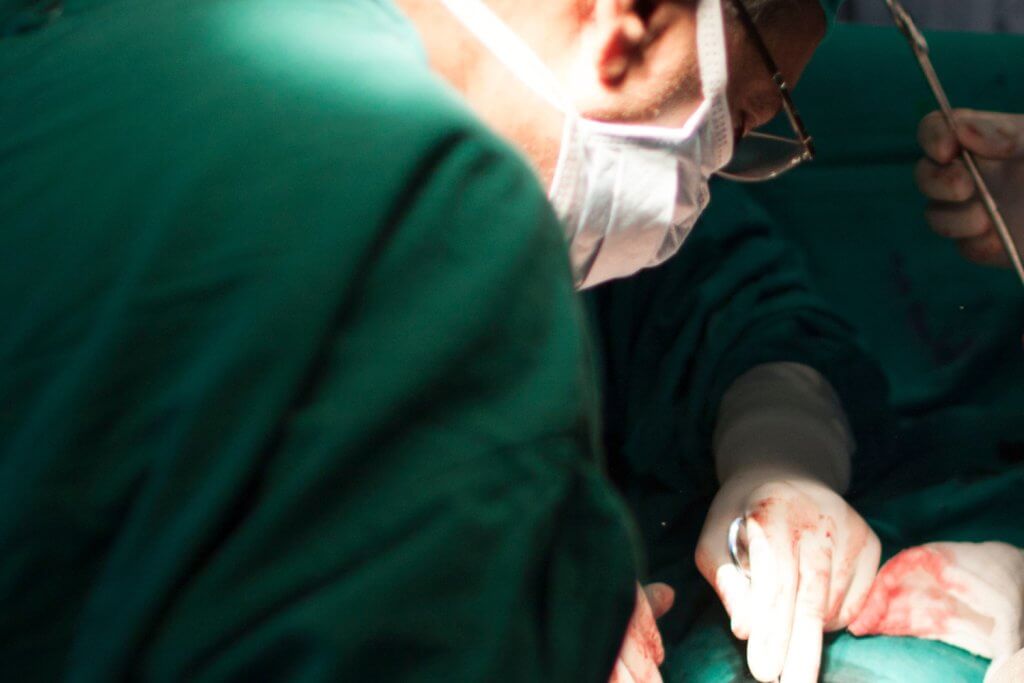Dr Yeshineh Demerew is the Medical Director at Hamlin’s Addis Ababa Fistula Hospital and oversees clinical operations at Hamlin’s five regional fistula hospitals across Ethiopia.
Over the last 23 years, Dr Yeshineh has become one of Ethiopia’s most respected obstetrician-gynecologists and is a FIGO-certified (The International Federation of Gynecology and Obstetrics) trainer in obstetric fistula surgery.
In a recent interview, Dr Yeshineh told us about a different, yet equally devastating gynecological condition affecting almost 1 in 4 women in Ethiopia: Advanced Stage Pelvic Organ Prolapse (POP). He explains why this severe condition is different to the prolapse usually sustained by women in the United States.

“In general, pelvic organ prolapse is the downward descent of the contents of the pelvic organ. Internal organs like the uterus, the urinary bladder and the parts of the bowel descend through the genitalia. Most of the time this condition is not life threatening but severely affects the quality of life of a woman.
The pelvic organ prolapse that we see [in Ethiopia] is quite different from what we hear in the developed countries. There, it's usually a disease of the aged woman who, when they have a minor feeling, they tend to seek medical care and usually present at an earlier stage.
But in our country, unassisted childbirth may predispose to pelvic organ prolapse. It occurs as a result of aging and a result of heavy and prolonged physical exercise like working in the farms. Because women don't have a regular attendance at a medical service, they usually arrive in that advanced stage with accelerated symptoms.
The problems associated with Advanced Stage POP is to do with urinary incontinence. Some of them have difficulty walking or emptying the urinary bladder and also emptying the bowel.
The chance of getting pregnant is very, very, very unusual with a prolapse. If they get pregnant by chance with a prolapse, problems can occur early in pregnancy.”
Dr Yeshineh and his clinical team across all six Hamlin fistula hospitals provide a range of gynecological treatments to women, including obstetric fistula and advanced stage POP surgery. Their treatment is offered free, thanks to generous donors from around the world. He says,
“Our centres are specialized in urinary incontinence, particularly in treatment of incontinence related to childbirth. Our surgeons are specialists in treating pelvic floor disorders. We have been doing this for the last several years and we have managed to change the lives of hundreds of women.”

Click here to read about Fozia who lived with Advanced Stage POP for eight years before receiving life-changing treatment at Hamlin’s Metu Fistula Hospital.